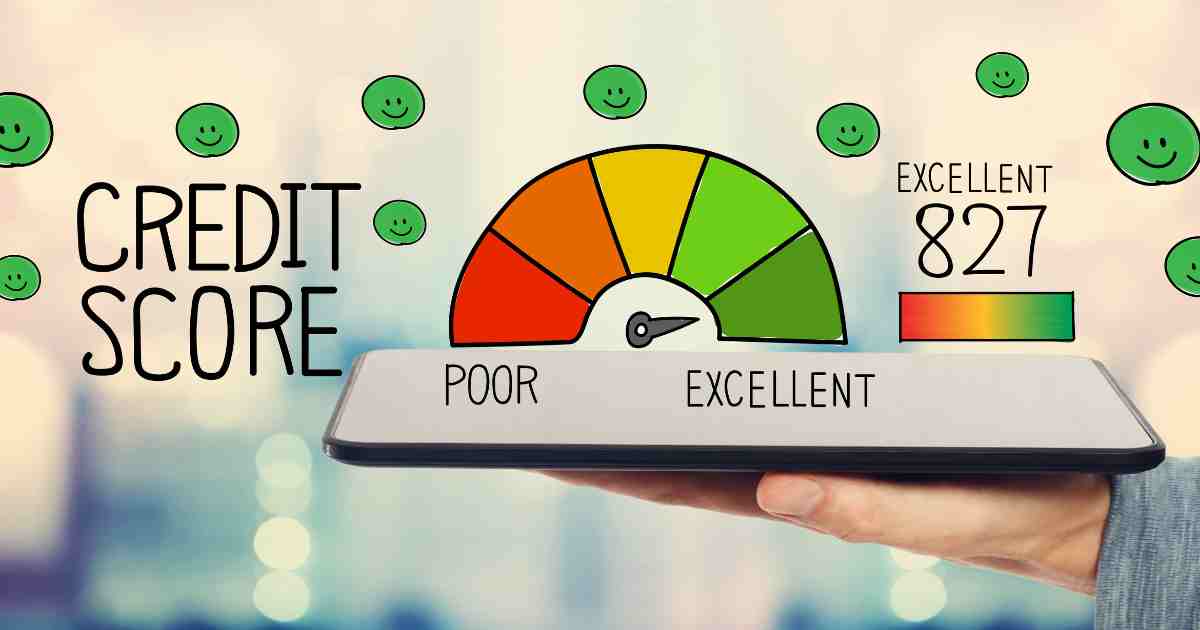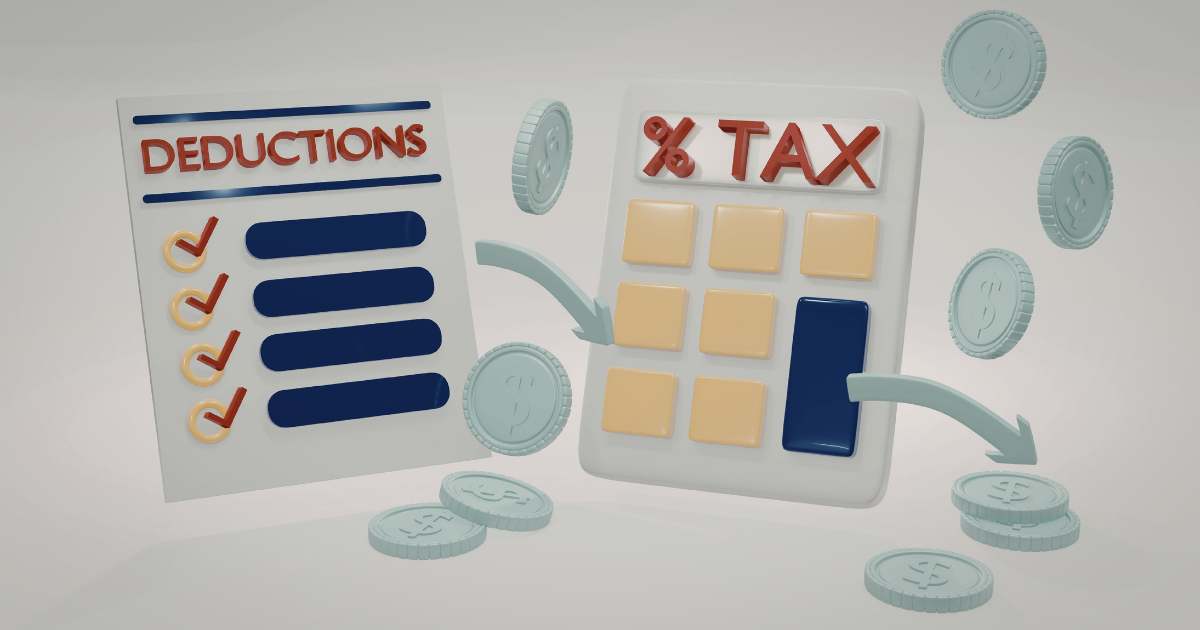
Your business is an extension of you and your personal brand. When potential investors and customers look at it, they see you and the worthiness of your business. One of the many things that define the ‘worthiness’ of a business is your business credit score. If your credit score is not good, you won’t be able to get funding or even investments. If this is you, it sounds like you can use some tips on how to improve your credit score.
A business credit score is a figure indicating whether your business is a good candidate to receive a loan or enter a business relationship. Your credit score is important for lenders who are considering giving you a loan.
As a business owner, you have to ensure that you and your business have good credit scores. This is not only for loan purposes but also to show that your business is trustworthy.
In this article, we look at how business credit scores work and how you can improve yours.
Why is a Business Credit Score Important?
Your business credit score is quite important because it’s often the metric valued by investors and creditors, directly influencing access to financing or credit. Also, banks take into consideration when looking at your loan approvals and if your credit score is low your loan application will be denied or offered with higher interest rates.
When you are dealing in business-to-business (B2B), your credit score will dictate your business’s ability to get goods or services on credit. If you have a high (good) credit score your business will be recognised for its track record of timely payments and increasing the trust in your business.
Additionally, a good credit score is important for your business credit checks which are conducted in the tender application process. These checks are done to check the financial stability and reliability of your business and determine eligibility for partnerships and ventures.
How Does Credit Scoring Work?
In South Africa, the companies that specialise in compiling commercial credit reports and business credit scores are Experian, Compuscan, TransUnion and XDS. These organisations compile business credit reports using data from lenders and financial companies.
The report is based on your business’ payment history and indicates whether you pay your debts on time and in full and if there are any defaults.
Credit scores range between 0-999. The ratings are as follows:
- Poor (0-486)
- Unfavourable (487-525)
- Below average (527-582)
- Average (583-613)
- Favourable (614-680)
- Good (681-766)
- Excellent (767-990)
Once your score has been calculated, you will fall within one of these ratings. If your score is low, you need to work on it to improve your chances of getting loans.
How to Improve Your Business Credit Score
There are many ways to improve your credit score. It’s best to start these practices at the beginning of the year so that your score improves gradually and, eventually you can get a loan.
Here are a few ways in which you can improve your business’ credit score:
1. Pay Your Bills on Time
Paying your bills on time is a great way of getting a healthy credit score. Ensure you pay your suppliers, creditors and service providers on time to avoid negatively affecting your credit score. Leverage a reliable accounts payable system and accounting software to automate payments.
Additionally, watch your business finances closely to ensure you maintain a strong credit profile.
2. Review Your Credit Score Consistently
Review your credit report at least twice a year to ensure there are no errors or discrepancies. If there are any mistakes, contact the credit bureau to find out what happened and how the mistakes can be fixed.
In South Africa, credit companies are legally obliged to tell you the reason for any mistakes. These can be due to an oversight on their side or because a lender/vendor reported you for withholding payments on reasonable grounds.
The insights you get from your credit company can guide you in making decisions that affect your credit score.
3. Diversify Your Credit Profile
Diversifying your credit profile means you have a mix of credit types, which positively impact your business credit score. If you don’t have a diverse profile, you can expand it through trade credit, business credit cards and term loans.
It’s important to manage these credit sources wisely to ensure you don’t overextend and use them responsibly to maintain a healthy business credit standing.
4. Establish Credit Relationships and Credit History
If you are starting a new business, building a strong credit profile is essential. To improve your credit score, initiate credit relationships with suppliers who report to credit reporting agencies. Building your relationship with credit agencies means consistently fulfilling your payment obligations which will positively affect your score over time.
These tips are just the tip of the iceberg when it comes to your credit score. Before you can begin improving your score, you need to have a good understanding of where you are. This will help you develop the right strategy for improving your credit score.
If you want to know more about credit scores, visit the SME South Africa Guide to Credit Scores is a must-read.






